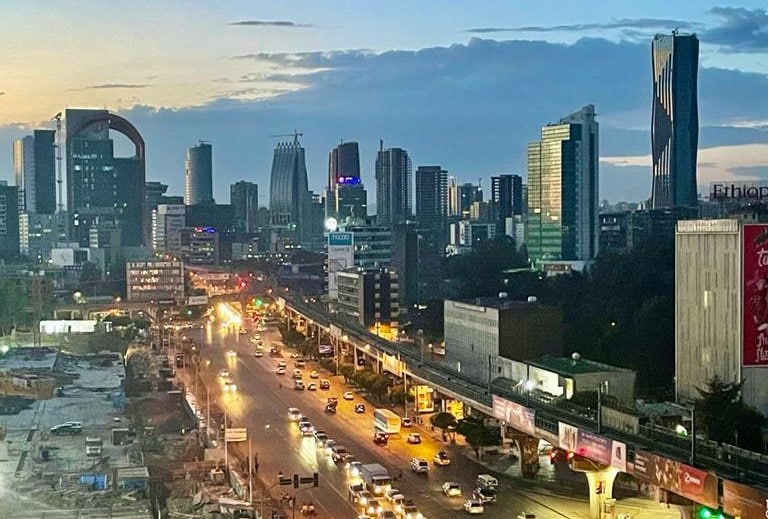 Addis Ababa, July 12, 2022 (Walta) – Ethiopia’s creditors’ committee will meet on the coming Monday, according to a report by Reuters.
Addis Ababa, July 12, 2022 (Walta) – Ethiopia’s creditors’ committee will meet on the coming Monday, according to a report by Reuters.
The meeting will move the country a step closer to restructuring its debts under a common framework set up by the Group of 20 economies.
The committee, which is co-chaired by France and China, first met in September 2021, but progress on debt relief for Ethiopia has been complicated by a 20-month insurgency that began in the Tigray region.
The International Monetary Fund, the World Bank, and other financing parties are pushing China and private creditors to accelerate work on debt treatments sought by Ethiopia, Chad, and Zambia after glacial progress over the past year and a half.
“Ethiopia’s creditors will meet on Monday,” said the source, providing no further detail according to the report filed by the international news agency.
IMF Managing Director Kristalina Georgieva told Reuters last week it was crucial to jumpstarting a process that had failed to deliver a single result thus far, given worsening debt problems facing developing countries and even nations with middle-income economies.
In Tokyo on Tuesday, U.S. Treasury Secretary Janet Yellen also called for an “orderly resolution of sovereign debt distress.”
The issue will be a focus at this week’s meetings of the G20 financial officials in Bali, Indonesia.
John Denton, secretary-general of the International Chamber of Commerce, warned G20 finance ministers that, according to recent private sector estimates, more than two dozen countries were at risk of defaulting in 2022.
The war in Ukraine had compounded problems facing many developing countries by driving up food, fertilizer, and energy prices, Denton said in a letter addressed to the ministers.
“We see a real risk of solvency problems creating a systemic developing country debt crisis,” Denton wrote. “This must be avoided at all costs given the severe downside risks such a scenario would create for trade and the global economy as a whole.”